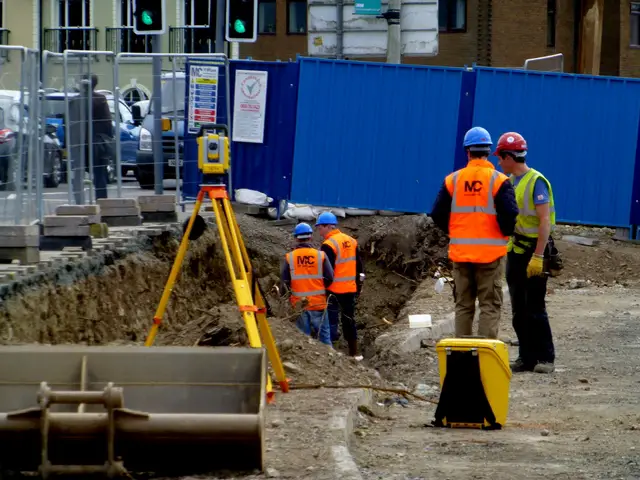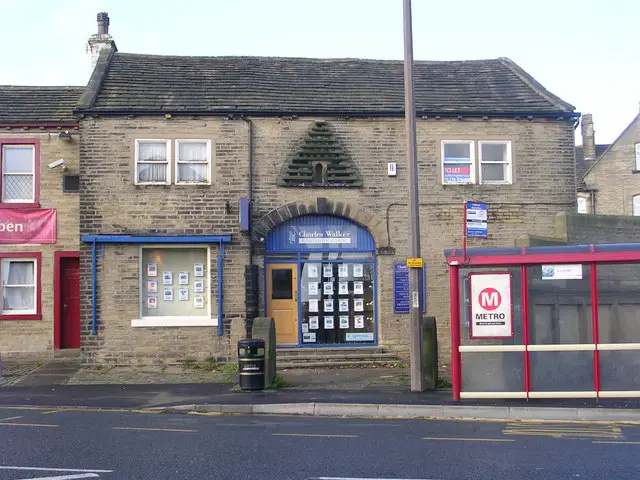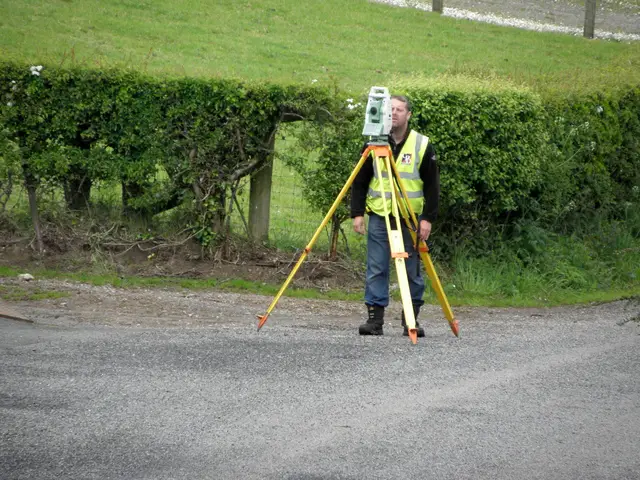
What to Do if A Surveyor Devalues a House?
A surveyor’s valuation of a property is one of the most critical aspects of the sale process. It determines how much the buyer can afford to pay for the property and how much the seller gets. Any errors in this process could significantly affect your house sale’s outcome.
If a surveyor makes an error in their valuation of your home, consider taking action. You may sue them for damages, file a complaint with their professional organisation or look for another surveyor to make another valuation.
The best way to avoid mistakes during this process is to make sure you know what a devaluation is and what steps to take if it occurs.
What Does a House Devaluation Mean?
When you’re selling your house, a surveyor comes to evaluate it. Unfortunately, some surveyors devalue your property without telling you why.
So, what does it mean when a surveyor devalues your house? It is when a surveyor believes that your property is worth less than other industry professionals, such as real estate agents or appraisers, would estimate.
If this happens, you must get an explanation from the surveyor. You need to understand why they think your house is worth less than other professionals. If they don’t give you a reason, contact someone else who can do another valuation for you—one where they won’t try to lowball you.
How to Handle a Devalued House

If you’re an owner of a house in the UK, follow these tips to handle a devalued house:
Appeal against the Valuation
You can appeal a surveyor’s valuations if it is too low. To revalue your home, you must write a letter to the HM Land Registry explaining your concerns with the valuation.
In your letter, you should include any additional evidence that contradicts the findings at the time of the original valuation. If you’ve made improvements to your house since then or property prices have gone up in your area, these things can be included as new information, resulting in a higher value.
The new surveyor may still assess your property in the same way as the original valuation if no new evidence is available. It is also possible for the surveyor to make adjustments based on local market conditions and other factors such as location and accessibility. Your surveyor will then submit their findings to the Valuation Office Agency (VOA), which will update its records if your property is undervalued or overvalued.
Use a Different Lender
You can also try to get another lender to finance the property. Sometimes, lenders might give you an appraisal that is more in line with the actual value of your home. If this doesn’t work, consider lowering your asking price so that it matches up with the new appraisal.
Additionally, you can ask the lender to use its valuation rather than one provided by an independent surveyor. You may qualify for a higher selling price or more favourable terms if you do this. Therefore, check around to see if there are lenders willing to work with you when your house has been devalued.
Renegotiate with the Seller
By pointing out all the upgrades you have done, you can renegotiate with the buyer and explain why you do not think the devaluation was worth it. You may reach a price that works for both parties if the buyer knows about the situation. There is a possibility that the buyer might even increase their price.
Put More Money In
Fixing your home can increase its value if you want to sell quickly. You should upgrade your house before you sell it to increase its value. You can demolish walls to create an open floor plan, which is a popular trend among buyers these days. Also, you can check the modern house listings to see what amenities or perks the seller is offering. Your listing will be more attractive to buyers if you fix it up or add amenities, so they see it as a good investment.
Why Are Properties Undervalued?

Undervaluation of Properties Is Most Commonly Caused By:
Location of the Property
A property’s location can have a significant impact on its value. For example, if the property is in an area with high crime rates, it will be less desirable to potential buyers, resulting in a lower price.
In addition, if a property is near an airport or other central transportation hub, it may be difficult for potential buyers to access and view it without having to undergo security checks or take long commutes. Therefore, this may cause a decrease in the price of the property due to decreased demand.
Condition of the Property
The condition of a property can affect its value. It is possible for demand for the home to decline if there are major structural issues with the house or building, such as cracks in the walls or floors.
Also, if there are issues with plumbing or electrical wiring throughout the entire house, it could lead to devaluation. It may cause lower prices compared to similar properties nearby with no structural, plumbing or electrical problems.
Quality of the Neighbourhood
If your home is in a low-quality neighbourhood, it is likely to lose value, even if it is more upgraded than those around it. A surveyor may value your house less if you live in an area with poor schools, low-income residents, or traffic problems. Therefore, compare what other properties in the area are selling for to what the surveyor lists yours for to determine if yours is undervalued.
By doing this, you can see if there is a discrepancy between what you’re asking and what the surveyor says your house is worth.
What Can You Do If a Surveyor Devalues Your House?
Challenge them.
Don’t just accept the price difference and move on. In most cases, you can complain about a surveyor in much the same way as you might with an estate agent who missed something important when marketing your house.
If a surveyor still diminishes the value of your home, then you should consult an attorney. The most important thing to do is to follow the rules set forth by your county and report the surveyor’s findings to your local council board.
The local council board should be able to tell you if they will accept or reject the surveyor’s work. If they decide to accept it, then there are other things that you can do to handle the devalued house, as stated above.
